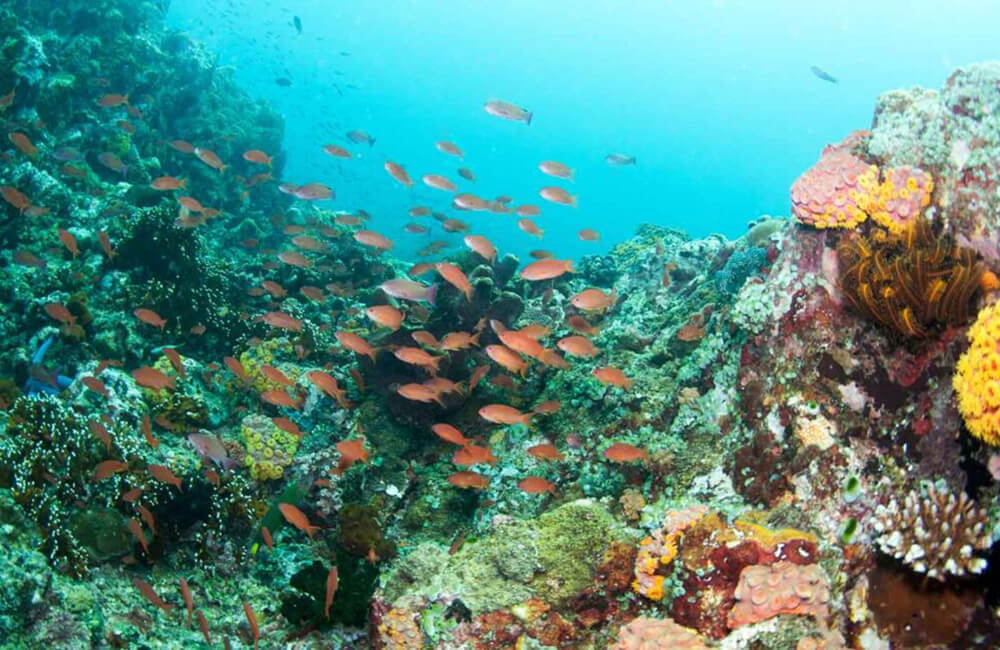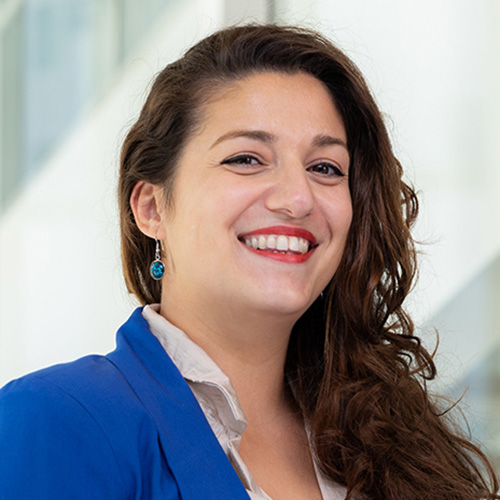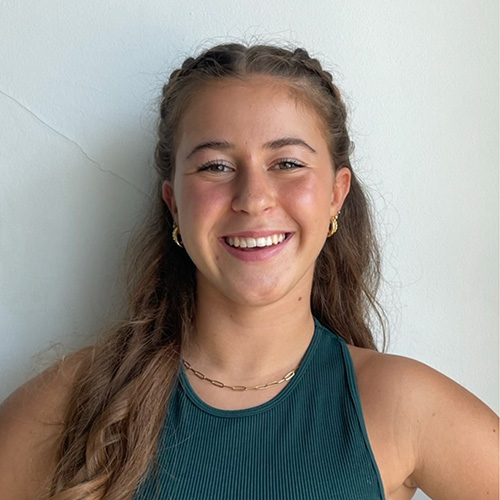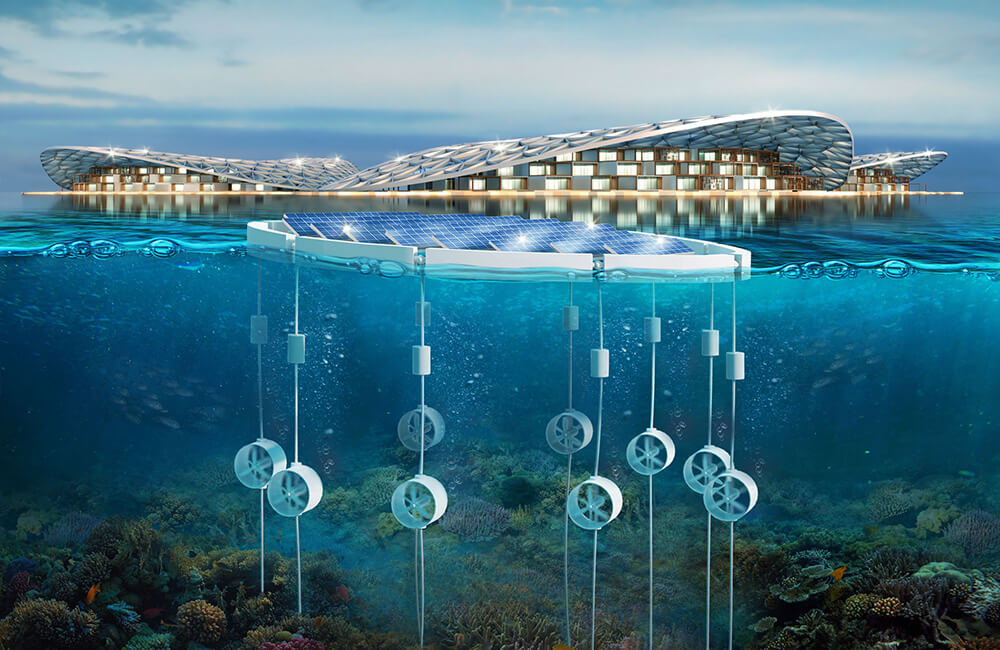Have you always been passionate about coral reefs in the ocean from a young age, or is this something that you found later in life?
“I decided I want to be a marine biologist probably when I was younger than you, I think, although I didn’t know what being a marine biologist means, because I’m from the 90s, so basically there were a couple of movies about marine biologists, and from these movies you can understand that they were like playing with dolphins, saving the animals, and actually I’m spending a lot of time on the desk in the lab, so it’s a bit different, but I really like it and I like the idea that I can do something at least to help to understand the coral and maybe save them in the future.”
What led you to start investigating water research and coral reefs?
“ I spent my PhD back in Italy, and I was working on corals, and coral symbiosis for the last five. I arrived in the UAE with this opportunity to study this peculiar harsh environment that you have here. I’m focused personally on the physiological part of the coral, that basically means how all of the coral works, and how it can survive these extreme temperatures. To do this I’m testing some specific coral reef stressors in the lab and contributing to a coral monitoring program. I specifically chose to research this unique coastal environment of the UAE – shallow water, super hot water, super salinity because we can consider the gulf as a predictor to see the future of coastal environments around the world…”
To what extent do you believe that climate change is a contributing factor to the health of coral reefs in the UAE?
“Maybe more than 50% for sure, because the temperature has increased a lot. But you also have to consider in this environment, the specific environment, just the wolf, that you have in the last, not 20 years, because we are in 2024, 50 years, you add a lot of population growth in this area. So the human impact also increases a lot…”



